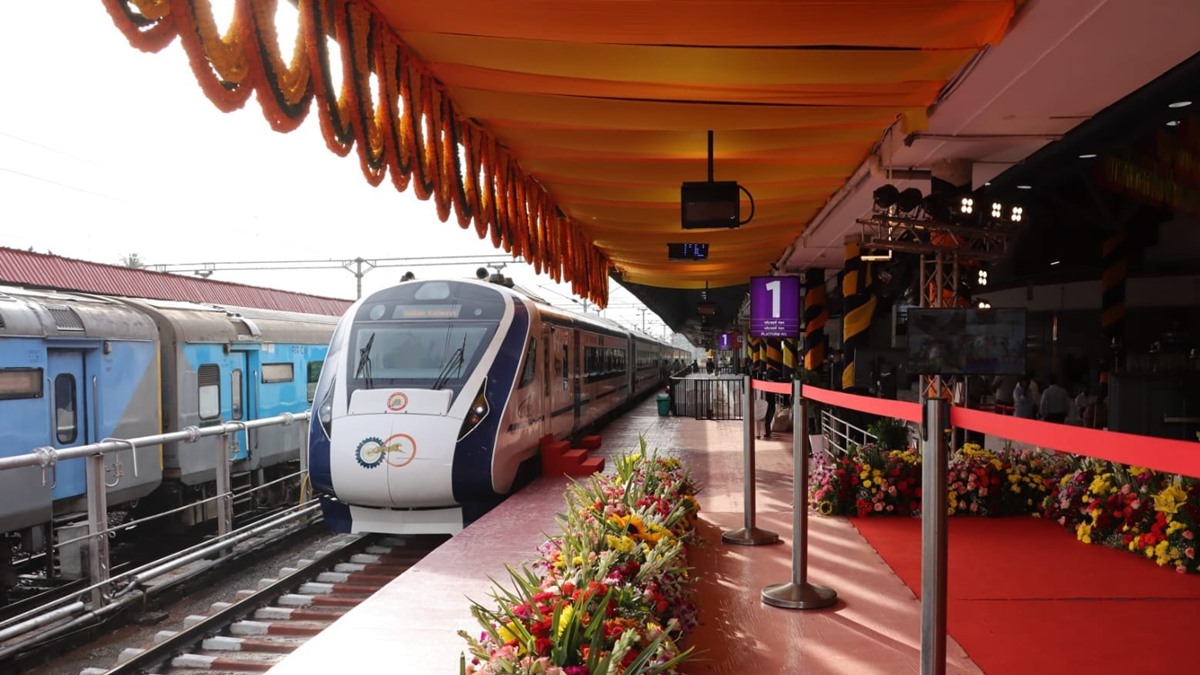Japanese naval mission may be halted for a year
TOKYO, Oct 17 (Reuters) A Japanese naval mission in support of US-led military operations in Afghanistan could be halted for up to a year because of opposition stalling in parliament, the defence minister said today.
Japan's cabinet endorsed a bill to extend the mission -- seen as vital by security ally Washington -- to provide fuel and water to US and other ships policing the Indian Ocean against drug runners, arms smugglers and terrorists.
But Defence Minister Shigeru Ishiba acknowledged that passing the new law before current enabling legislation expires on Nov 1 looked impossible because opposition parties that control parliament's upper house are against the mission, which they argue lacks formal United Nations authorisation.
''Even if we can continue the mission, I think there will be a hiatus,'' Ishiba told Reuters in an interview at his office at the ministry's vast complex in central Tokyo.
''However much we hurry, I think there will be a suspension of about two months,'' he said.
''In the best case, the opposition would agree to it, and we could start again in a month or so. But in the worst possible case, there is a possibility it could take up to a year.'' While the ruling camp, led by the Liberal Democratic Party (LDP), could override the upper house with its two-thirds majority in the lower chamber, lawmakers might well be reluctant to risk a backlash among voters by doing so.
Ishiba said the government needed a rise in public support for the mission before it could take such a step.
''If we can raise support to 60 per cent, I think the electorate will accept our voting the bill through a second time. But that would be difficult under the current circumstances.'' Japanese voters are divided on whether the mission should be extended, although support has increased in recent weeks.
A survey published in the liberal Asahi newspaper yesterday showed 39 per cent of respondents backed the mission, while 44 percent opposed it.
ELECTION RISK Political analysts say despite opposition calls for an early lower house election, neither camp is keen for a showdown over an issue of less concern to most voters than pocketbook matters such as pensions and health care reform.
No lower house poll need be held until late 2009, but speculation persists that policy paralysis will spark a poll after enactment of the state budget for 2008/09 in late March.
Main opposition Democratic Party leader Ichiro Ozawa has rejected calls to rethink his stance on the naval mission and has suggested instead that Tokyo could provide support for the International Security Assistance Force in Afghanistan (ISAF), a UN-authorised, NATO-led peacekeeping mission.
Ishiba said there was room for compromise with the opposition, but reiterated the government view that participating in ISAF would violate Japan's pacifist constitution.
He added that Japan, whose military has long been constrained by its post-World War Two constitution, was in any case ill-prepared for such a risky mission as ISAF.
Ishiba said other countries could take over Indian Ocean refuelling duties, but he argued that Japan, which imports 90 per cent of its oil from the West Asia, must take an active role in trying to stabilise the region.
''It is a question of what role Japan should take in the international war on terror,'' he said. ''If we pull out, we will be taking the same stance as Russia. Is that acceptable?'' Ozawa's party, an often fractious group of former LDP lawmakers, ex-Socialists and younger hawks, has yet to agree on a counter-proposal to the government bill.
Ruling party officials from Prime Minister Yasuo Fukuda on down have stressed the possibility of getting some Democratic Party members to agree to continuing the naval mission.
''There are those within the Democratic Party who think this is something we should do, so we want to discuss it and get their understanding somehow,'' former Defence Minister Gen Nakatani, the head of an LDP panel on security issues, told reporters.
But predicting what form a deal would take is tough. ''The government doesn't have a clear idea, nor do the Democrats,'' said Yasunori Sone, a Keio University political science professor.
REUTERS
PD
BD1640


 Click it and Unblock the Notifications
Click it and Unblock the Notifications




